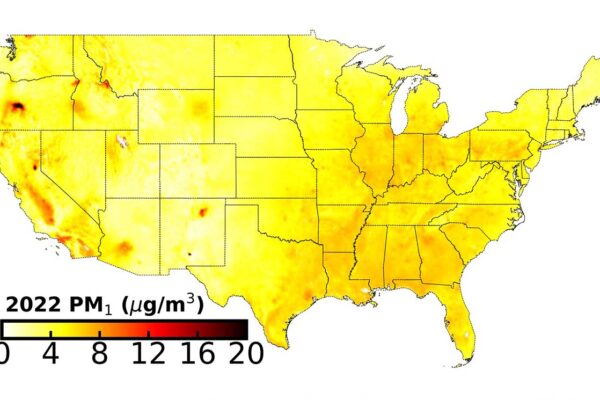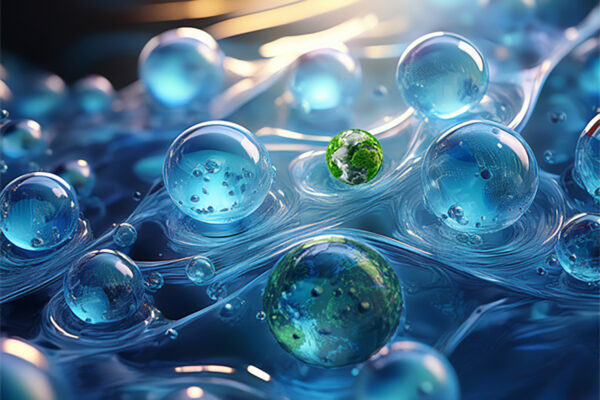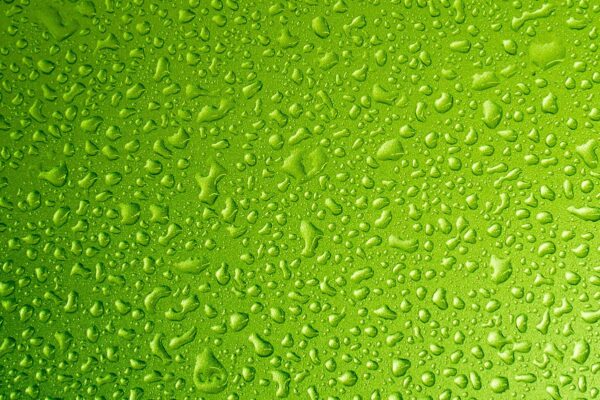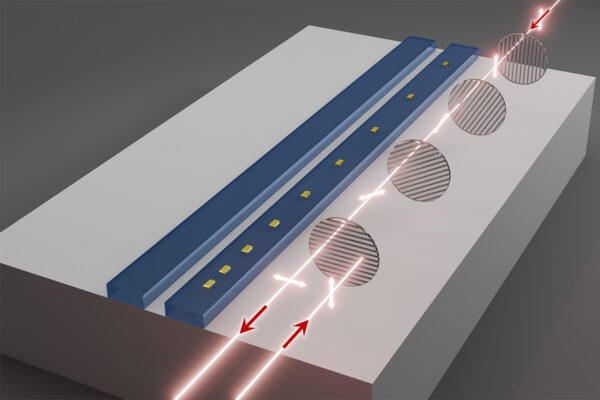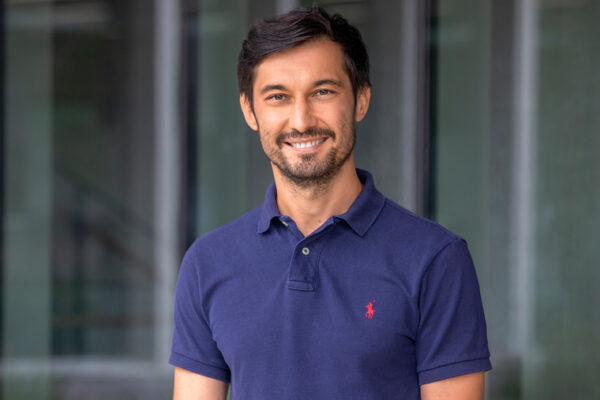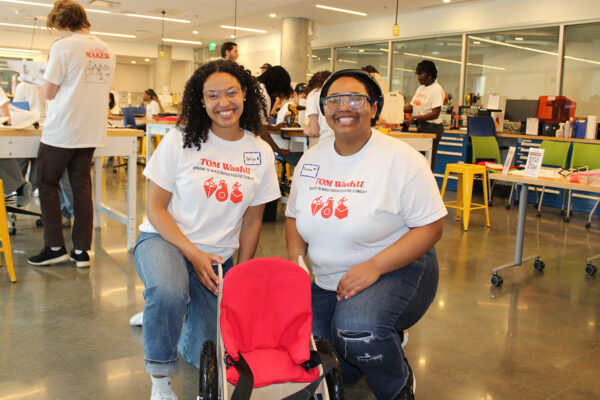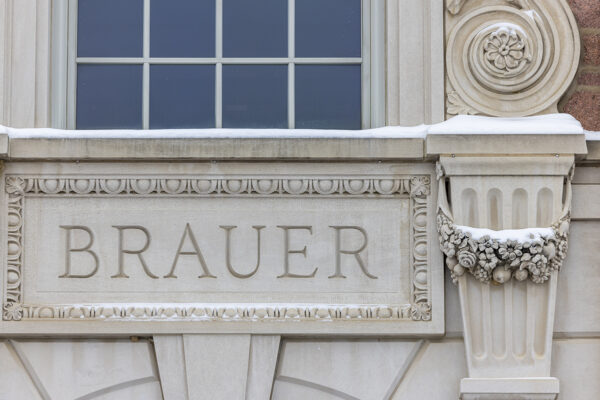Tiny and toxic: Researchers track smaller air pollution particles across US skies
To help understand air pollution health effects, researchers in St. Louis quantified how the amount of submicron particles in the air has changed over the past 25 years.
Ethical exotics
Kahan Chavda, BSBME ’16, co-founder of Inversa, a company pioneering the field of ethically harvested leathers, workshops with Sam Fox School students on how engineering and fashion design can support endangered ecosystems.
New hydrogel treatments turn water waste into fertilizer
Environmental engineers at WashU have developed hydrogels to transform wastewater nutrients into useful feedstocks and fertilizers.
Research untangles role of stress granules in neurodegenerative disease
Researchers at WashU and St. Jude Children’s Research Hospital have found that biomolecular condensates play a role in suppressing the effects of ALS-causing mutations.
Myosin makes the moves to keep cell processes humming along
Biomedical scientists at Washington University in St. Louis and Duke University report new insights regarding the role of movements of molecules as drivers of condensation in plant cells.
A new approach to control light in photonic circuits
Researchers at WashU have developed a simple, efficient way to enable one-way light transmission in photonic chips.
The mysterious chemical world inside nanopores
Material scientists at Washington University have found ways to control contaminants in nanoporous materials used in water treatment and other manufacturing processes.
Kamilov named Donald L. Snyder Career Development Professor
Ulugbek Kamilov, an engineer at Washington University, has been installed as the inaugural Donald L. Snyder Career Development Professor at the McKelvey School of Engineering.
Made with care
Biomedical engineering students from Washington University have started an assistive technology-focused student group to help local communities, including creating wheelchairs for young children.
McKelvey Engineering honors 2025 distinguished alumni
The McKelvey School of Engineering at Washington University in St. Louis has announced its recipients for the 2025 alumni awards.
Older Stories
